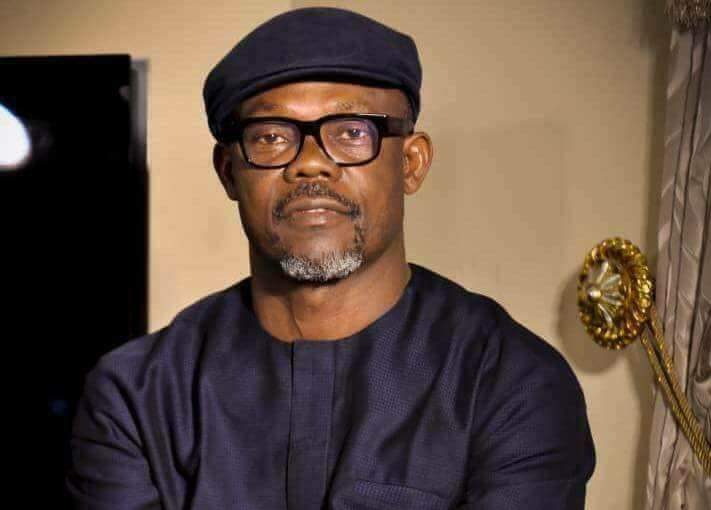Infrastructure Development Under the Tinubu Administration
The Nigerian federal government, under President Bola Tinubu’s leadership, has made significant strides in infrastructure development within its first two years. Senator Barinada Mpigi, Chairman of the Senate Committee on Works, reported that over 420 federal roads, bridges, and other infrastructure projects have been completed or substantially progressed. These advancements fall under the umbrella of Tinubu’s “Renewed Hope Agenda,” which aims to revitalize Nigeria’s infrastructure and stimulate economic growth. Projects like the Lagos-Calabar coastal highway and investments in housing, energy, and bridges exemplify this commitment. This progress underscores the administration’s dedication to improving Nigeria’s infrastructure and fostering national development.
The Crucial Role of Engineers in National Development
Engineers play a pivotal role in Nigeria’s development, serving as the backbone of economic growth, infrastructure expansion, and industrial advancement. They are not merely technical experts but strategic nation builders who deserve a central role in policymaking. Their expertise is essential for translating national development plans into tangible realities. Furthermore, their involvement in policy formulation ensures that infrastructure projects are technically sound, sustainable, and aligned with national development goals. This recognition of engineers as vital contributors to national progress acknowledges their significant contributions to the nation’s growth and prosperity.
Addressing Engineering Failures and Ensuring Compliance
Despite the progress made in infrastructure development, concerns have been raised about engineering-related failures, including building collapses and deteriorating roads. These failures are often attributed to poor compliance with professional standards, inadequate supervision, and, in some cases, outright quackery. Such incidents not only result in loss of life and public funds but also damage the reputation of the engineering profession. Addressing these issues requires strengthening enforcement and compliance measures, fully implementing building codes, and raising public awareness about engineering standards. These steps are crucial to ensuring the safety and durability of infrastructure projects.
Strengthening Collaboration and Regulatory Frameworks
To address the challenges facing the engineering profession, collaboration among regulators, legislators, private sector players, and professional bodies is essential. This collaborative approach will ensure the development of durable infrastructure and uphold engineering excellence. The Senate Committee on Works has pledged its support to the Council for the Regulation of Engineering in Nigeria (COREN) in strengthening enforcement and compliance measures. This partnership aims to improve legislative frameworks, enforce mandatory compliance with engineering standards, and promote public enlightenment on engineering matters. Such collaborative efforts are vital for fostering a culture of professionalism and accountability within the engineering sector.
Promoting Innovation and Investing in Engineering Talent
Nigeria’s long-term progress depends on integrating indigenous talent, sound policy, and a commitment to innovation. Establishing dedicated innovation funds and technology parks will foster the development of homegrown engineering solutions to Nigeria’s unique challenges. These hubs will provide spaces for engineers, scientists, and entrepreneurs to collaborate and create innovative solutions tailored to the Nigerian environment. Investing in engineering talent and fostering innovation are crucial for developing sustainable and context-specific solutions to the country’s infrastructure needs.
Reviewing Engineering Fees and Remuneration
The current engineering fees and remuneration framework in Nigeria is considered structurally deficient and developmentally dangerous. It fails to reflect inflationary realities, professional depth, and the complexity of different engineering disciplines. This inadequate compensation structure contributes to brain drain, ethical erosion, poor infrastructure quality, and unsafe public works. A comprehensive review of the fee structure is urgently needed, involving engineers, government agencies, academia, and the private sector. This review should aim to establish a sustainable, inflation-adjusted, and enforceable fee structure for all engineering services, recognizing the value and expertise of engineering professionals. Addressing the issue of inadequate remuneration is crucial for attracting and retaining talented engineers and ensuring the delivery of high-quality infrastructure projects.


